Practical C++ Programming. 2nd Edition Steve Oualline
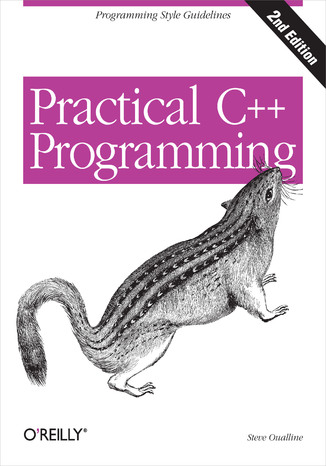



- Autor:
- Steve Oualline
- Wydawnictwo:
- O'Reilly Media
- Ocena:
- Stron:
- 576
- Dostępne formaty:
-
ePubMobi
Opis
książki
:
Practical C++ Programming. 2nd Edition
C++ is a powerful, highly flexible, and adaptable programming language that allows software engineers to organize and process information quickly and effectively. But this high-level language is relatively difficult to master, even if you already know the C programming language.The 2nd edition of Practical C++ Programming is a complete introduction to the C++ language for programmers who are learning C++. Reflecting the latest changes to the C++ standard, this 2nd edition takes a useful down-to-earth approach, placing a strong emphasis on how to design clean, elegant code.In short, to-the-point chapters, all aspects of programming are covered including style, software engineering, programming design, object-oriented design, and debugging. It also covers common mistakes and how to find (and avoid) them. End of chapter exercises help you ensure you've mastered the material.Practical C++ Programming thoroughly covers:
- C++ Syntax
- Coding standards and style
- Creation and use of object classes
- Templates
- Debugging and optimization
- Use of the C++ preprocessor
- File input/output
Wybrane bestsellery
O'Reilly Media - inne książki
Dzięki opcji "Druk na żądanie" do sprzedaży wracają tytuły Grupy Helion, które cieszyły sie dużym zainteresowaniem, a których nakład został wyprzedany.
Dla naszych Czytelników wydrukowaliśmy dodatkową pulę egzemplarzy w technice druku cyfrowego.
Co powinieneś wiedzieć o usłudze "Druk na żądanie":
- usługa obejmuje tylko widoczną poniżej listę tytułów, którą na bieżąco aktualizujemy;
- cena książki może być wyższa od początkowej ceny detalicznej, co jest spowodowane kosztami druku cyfrowego (wyższymi niż koszty tradycyjnego druku offsetowego). Obowiązująca cena jest zawsze podawana na stronie WWW książki;
- zawartość książki wraz z dodatkami (płyta CD, DVD) odpowiada jej pierwotnemu wydaniu i jest w pełni komplementarna;
- usługa nie obejmuje książek w kolorze.
Masz pytanie o konkretny tytuł? Napisz do nas: sklep@helion.pl
Książka drukowana


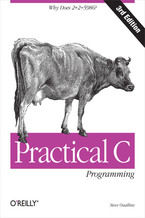


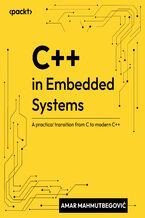
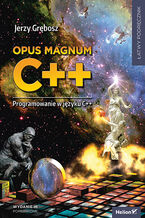
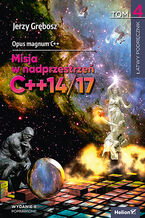
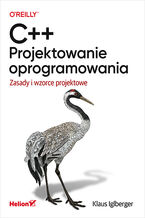
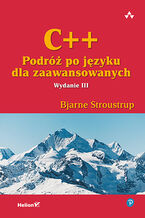

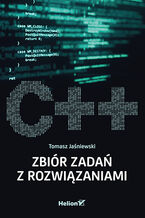
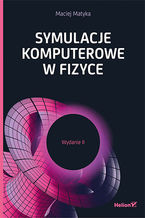
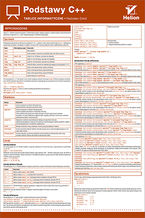






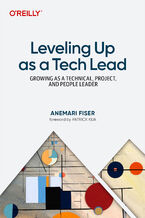
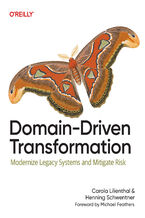
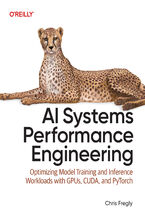

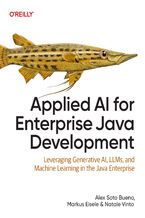
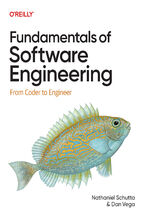
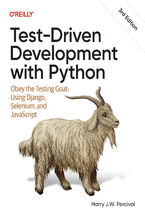
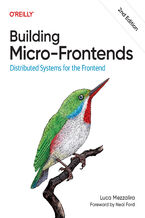





Oceny i opinie klientów: Practical C++ Programming. 2nd Edition Steve Oualline
(0)